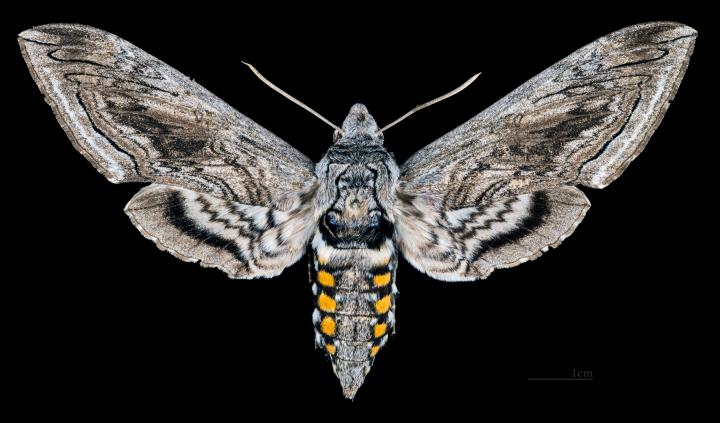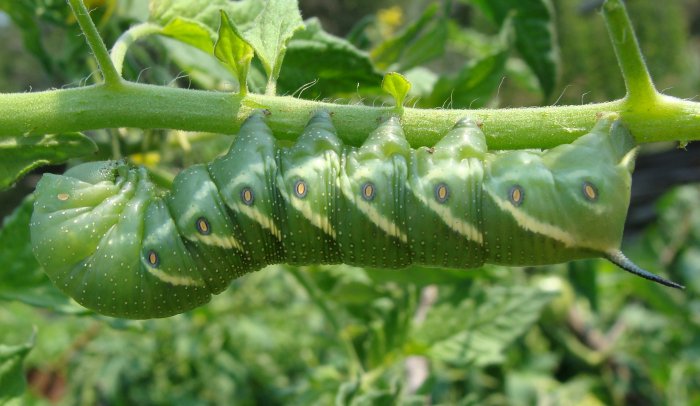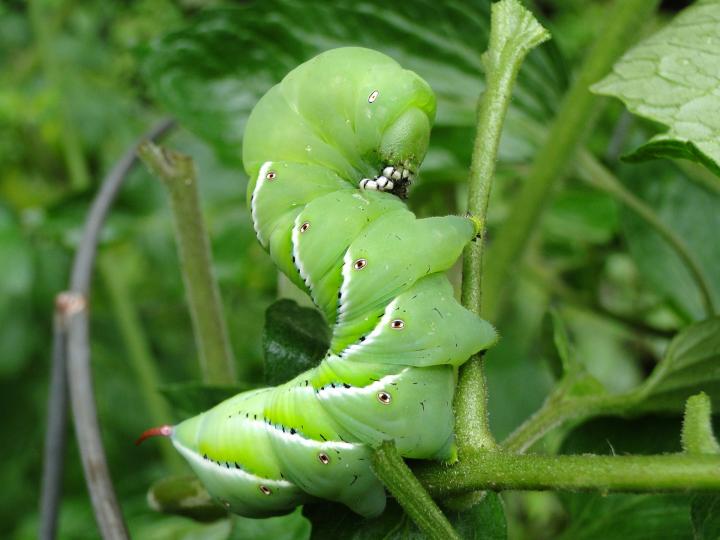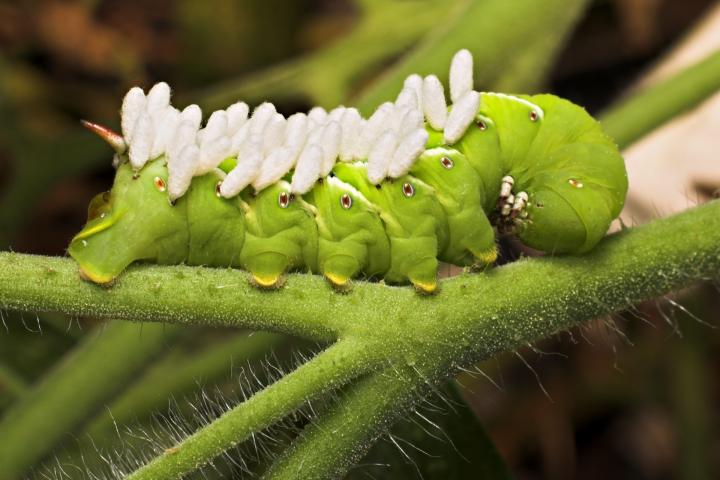
Preventing Tomato Hornworms in the Garden
The Almanac Garden Planner - Use It Free for 7 Days!
Plan your 2025 garden with our award-winning Garden Planner.
ADVERTISEMENT
I started a container garden this year with red and purple bell peppers, jalapenos in a separate container and a sweet meyer lemon tree in another container. I first came across these nasty guys with the bell pepper plants a few months ago. I thought I had it taken care of with neem oil but yesterday had to throw away all 6 bell pepper plants. Although I inspect my plants every day, today I will be throwing away my jalapeno plant due to the magical overnight appearance of the hornworms feasting on the jalapenos (and I just picked about 15 jalapenos this weekend to freeze, did not notice a thing). Please help me save the Sweet Meyer Lemon tree with any suggestions!!!
Do tomato or potato hornworms attack rhubarb plants ?
No, tomato hornworms feed primarily on plants in the Solanaceae (nightshade) family, which includes potatoes, eggplant, tomatoes, peppers, and others. Rhubarb is not in this family, so it is not in danger of being devoured by hornworms!
Seth (above) said he found them eating his rhubarb.
I’m concerned about our pollinators- the Hummingbird Moth. Any suggestions for where to PUT the tomato worms INSTEAD of killing them?
Hornworms feed on plants in the Solanaceae family (commonly known as “nightshades”), so they’ll need to be placed on another plant that’s in this family in order to be able to develop into moths. Tomatoes are a nightshade, as are potatoes, eggplants, peppers, and tobacco—but these are all plants that you normally wouldn’t want them to eat! There may be wild Solanaceae in your area, such as jimsonweed, horsenettle, or nightshade itself, where you could move the caterpillars to. However, these plants are poisonous, and thus hard to find.
Hornworms may feed on petunias as well. If you can’t find any wild nightshades, perhaps you could set up a couple petunia plants for the hornworms. Or, in future seasons, plant more tomatoes than you need, designating some as “caterpillar-friendly!”
I used to experience horn worms but one year I saw the white cocoons on the back. The horn worm had quit eating and soon became dessicated. The horn worm wasp emerged and propagated and I never again had a problem with the horn worm. That was the year I planted golden rod and saw so many tiny insects on it and do believe it attracted the wasp.
Tomato and Tobacco Horn Worms make great fish bait. Just place their heads on the pointy end of the fishhook and turn the wrong side out. Bream, Crappie, and Bass love them and it's a good way to get rid of them while catching fish for dinner.
I never knew that but sure will try them from now on. I have four tomato and bell pepper plants this year and have pulled off around ten of these green worms! Fishing here I come!
I'm a long time gardener, and have picked plenty of these guys off tomatoes in July or August, but I'm stumped. Today we found a huge one that had eaten nearly all the leaves off two small perennial geranium plants I was getting ready to plant in my garden. I've never seen them this early before, or eating plants other than tomatoes. Has anyone else had this happen to them? Quite a curiosity for me.














